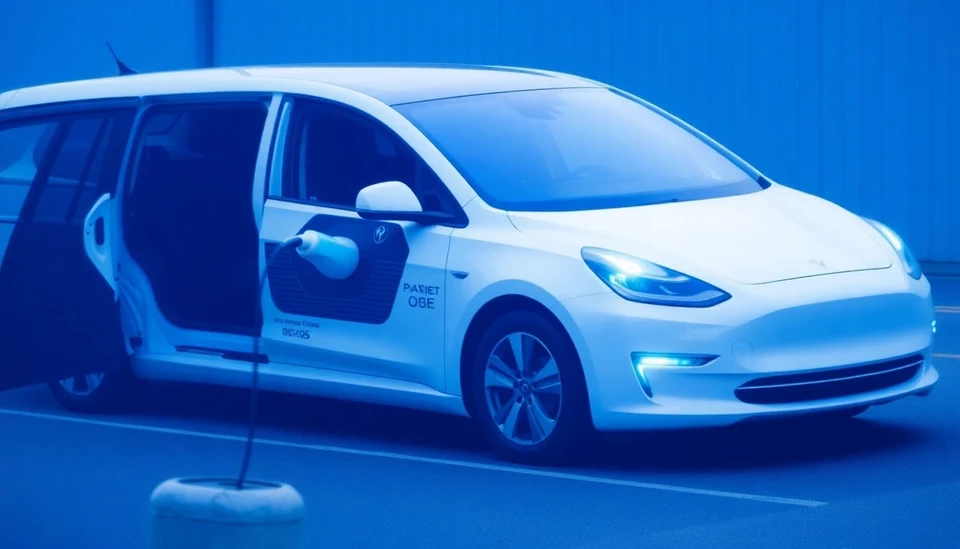
In a bold move that is stirring debate across the nation, former President Donald Trump has issued an executive order aimed at dismantling existing electric vehicle (EV) mandates and federal subsidies for the burgeoning EV industry. The sweeping action is part of Trump’s broader plan as he campaigns for the presidency in 2024, positioning himself as a defender of traditional automotive jobs and an opponent of regulations that he deems detrimental to American manufacturing.
The decision to roll back the mandates comes in response to rising concerns about the economic impact of EV regulations on American households and the automotive industry at large. Trump argues that forcing manufacturers to produce a specified percentage of electric vehicles undermines job security for American workers in the traditional car manufacturing sector. “We need to protect our jobs and our economy,” Trump stated at a rally, emphasizing that heavy-handed regulations could lead to layoffs and factory closures.
This directive is expected to directly affect the policies enacted under the Biden administration, which initiated several incentives aimed at accelerating the transition to electric vehicles as part of its climate change agenda. According to Trump's team, the previous administration's focus on EVs led to price increases for consumers and limits on their choices, which they argue goes against free market principles.
Auto manufacturers and environmental advocates are already voicing their concerns about the potential repercussions of Trump’s order. Industry experts warn that removing subsidies could hinder the rapid transition towards cleaner vehicles, counteracting recent investments made by auto companies in EV technology. Some analysts predict that this retrenchment could stifle innovation and delay the critical shift needed to meet climate targets.
Trump’s legislation will also impact a range of stakeholders involved in the EV supply chain, from battery manufacturers to renewable energy firms. As the market grapples with the implications of this executive order, it raises questions about the future of sustainable energy initiatives in the U.S. amid heightened partisan divisions on climate policy.
Political observers note that Trump’s announcement is likely to resonate with his base, especially in key swing states where traditional manufacturing jobs have been a focal point of economic discussions. As he seeks to galvanize support for his 2024 campaign, this move could set the stage for further debate on the role of government in promoting clean energy versus nurturing the existing industrial base.
As the news unfolds, reactions from both sides of the aisle will be critical in shaping the narrative moving forward. For now, the future of electric vehicle regulations and subsidies remains uncertain as Trump pushes for a return to less restrictive automotive policies—pitting traditional manufacturing interests against environmental advocacy in a contentious political landscape.
What does Trump's move mean for the future of electric vehicles in America? Only time will tell as various stakeholders work to navigate this pivotal moment in the evolution of the automotive industry.
#Trump #ElectricVehicles #ClimatePolicy #EVmandates #AmericanJobs #2024Elections #AutomotiveIndustry
Author: John Harris




